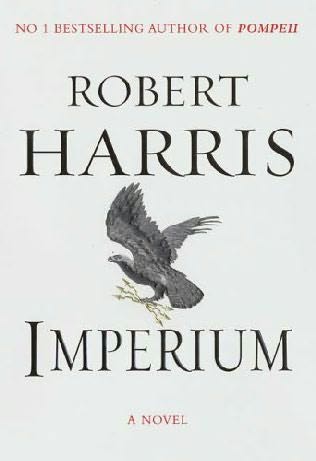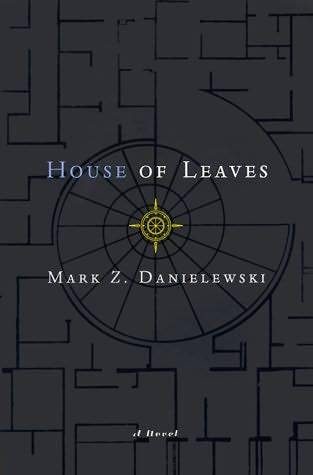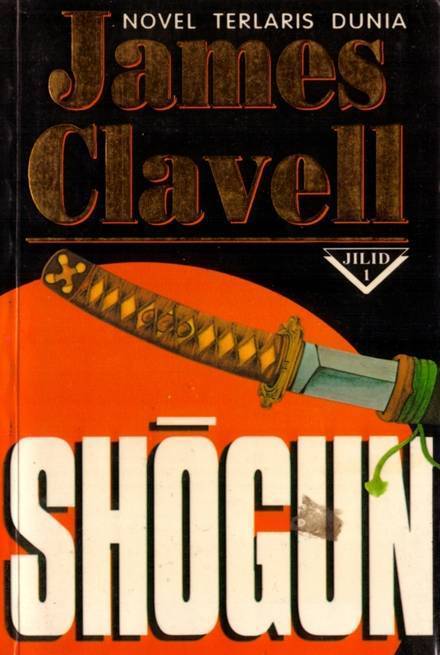- Thread starter
- #81
I am now reading a book called Shooter an autobiography about a marine sniper.
It's a good book. Believe that's the one about Coughlin.
If you like it I highly recommend a book about the greatest marine sniper of all-time. "93 Confirmed Kills". It's about Carlos Hathcock and his ass-kicking exploits during Vietnam. He actually had well over 300 kills but for it to be a confirmed kill there are requirements.








